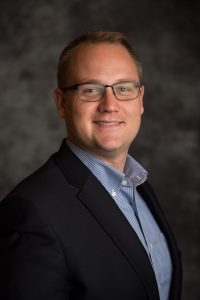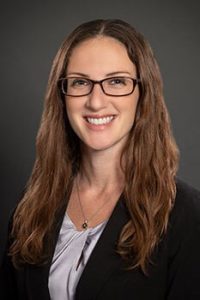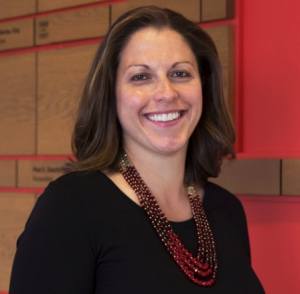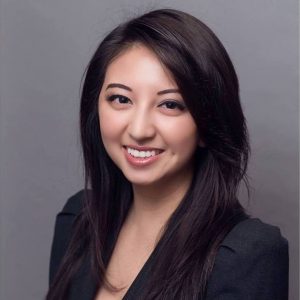Awards announced at the16th Annual PhD Night of Appreciation, held on May 3, 2023
2022-2023 Department TA Awardees
Outstanding performance as a TA, Instructor of Record.
ACCT: Jingyu Xu (Recipient of the PhD Program-wide Award)
FNCE: Cianna Duringer
MGMT: Nathaniel Easton
MKTG: Justin Sieow
OPIM: Jeff Sylvestre-Decary
2022-2023 Named Scholars
Outstanding performance as a Scholar.
ACCT: Yihui Jiang
FNCE: Cianna Duringer
MGMT: Rohit Piplani
MKTG: Justin Sieow
OPIM: Jeff Sylvestre-Decary
2019 – 2020 Outstanding Scholar and Student Teaching Awardees
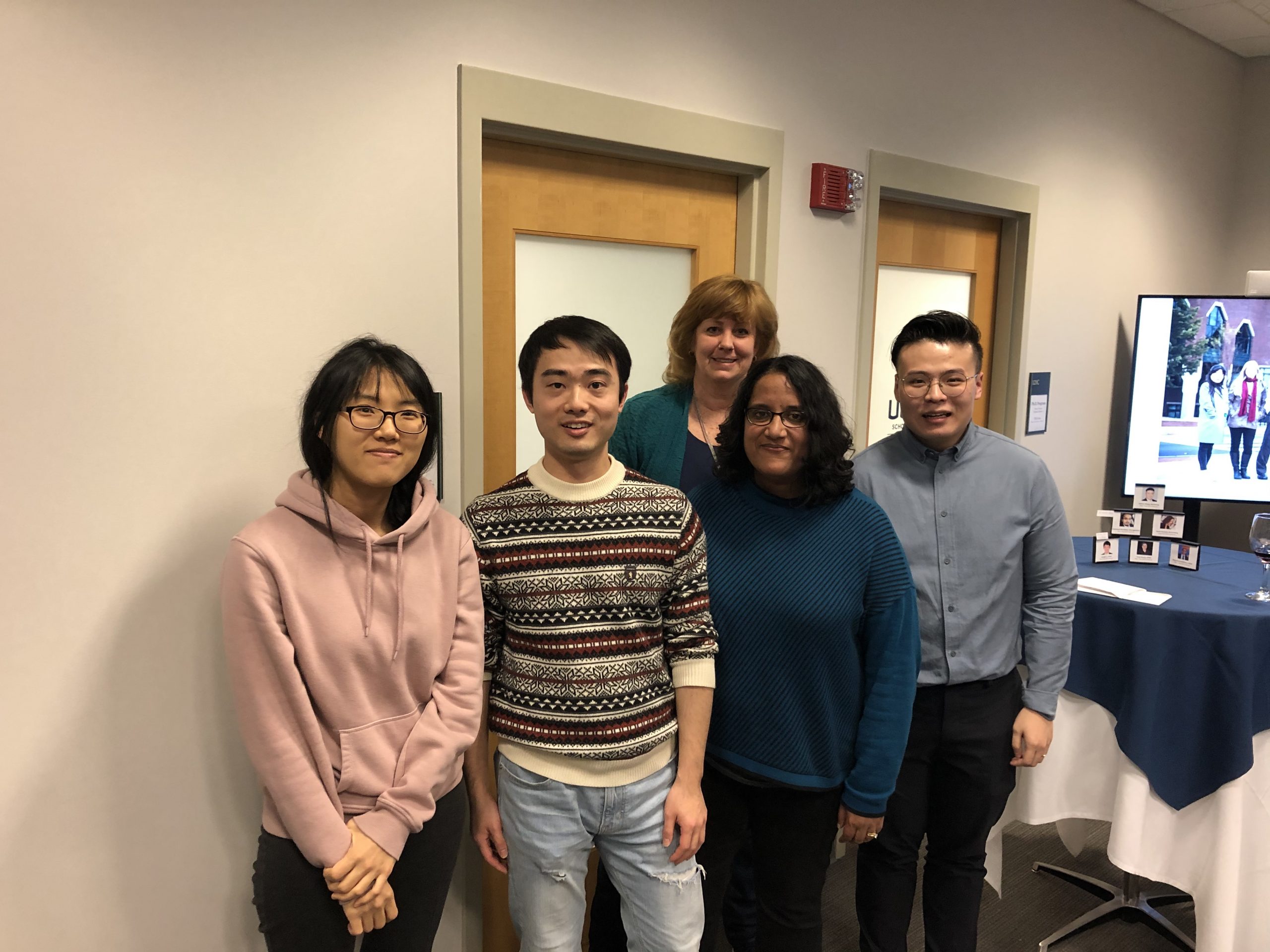
2019-2020 Department Student Teaching Awardees
Left to right: Youree Kim (ACCT), Zekun Wu (FNCE), Associate Dean Lucy Gilson, Dhvani Badwaik (MGMT) Recipient of the PhD Program-wide Award, Qizhou Wang (MKTG)
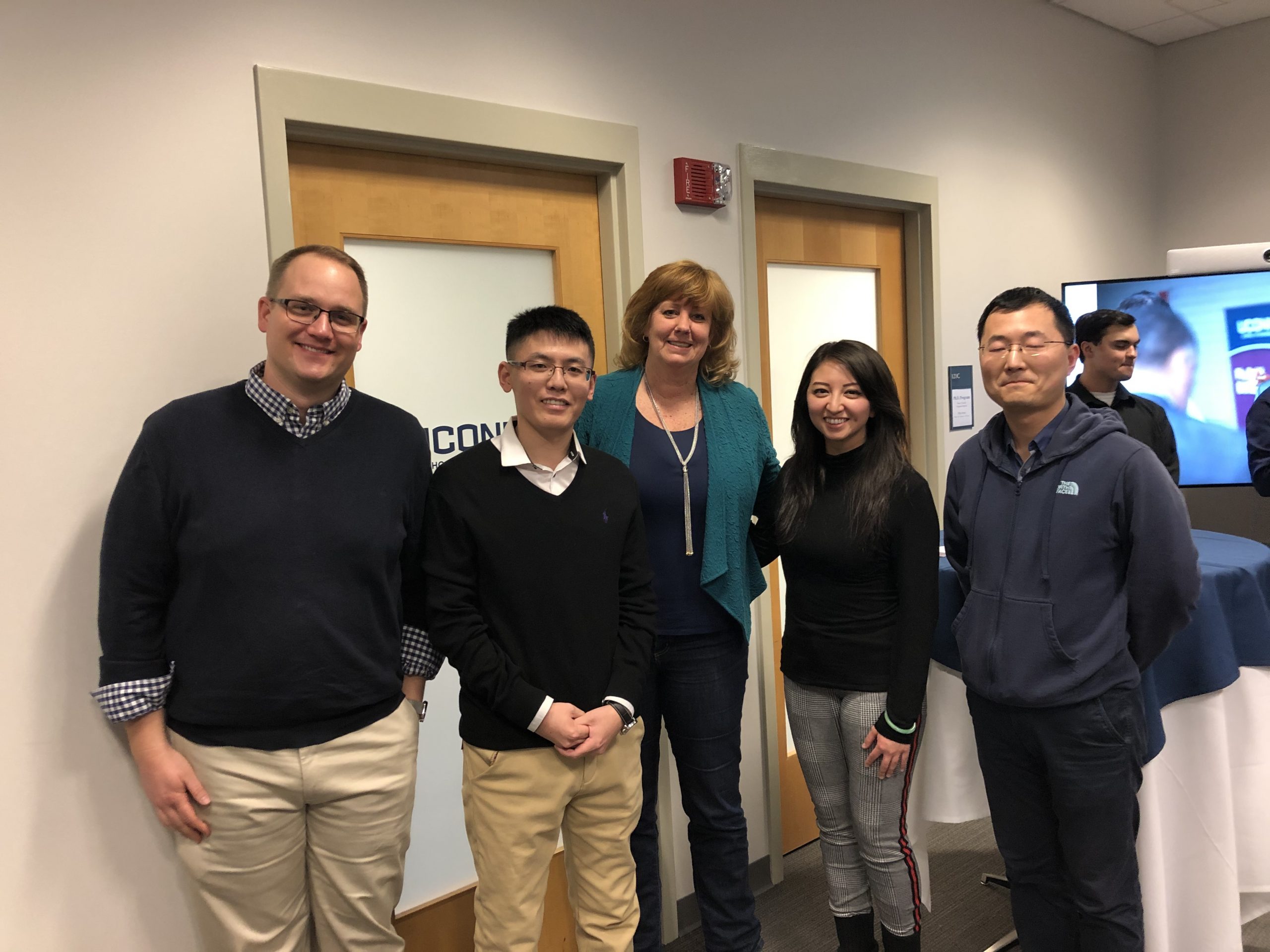
2019-2020 Department Outstanding Scholar Awardees
Left to right: Trent Krupa (ACCT), Hongfei Li (OPIM) Recipient of the PhD Program-wide Award, Associate Dean Lucy Gilson, Monique Domingo (MGMT), Luchun Ma (FNCE)
Q & A with Trent Krupa, Accounting doctoral student
What inspired you to get your PhD?
I was fortunate enough to have a career that necessitated professional research as part of my daily routine. Every so often, I would come across academic research papers that I found truly fascinating. Eventually, I couldn’t help but ask myself if there was more to my career path than climbing the corporate ladder; could I also be one of these authors that adds to our collective knowledge? Eventually, these thoughts became too strong to ignore and after several long conversations with accounting faculty at various institutions, I decided that the PhD was the right move for me.
Why did you choose UConn?
How did you determine your research paper topic?
What was one of the most surprising things you learned about the research/paper submission process from this experience?
Each person will take a unique perspective when they read your research paper. Sometimes this can feel frustrating, yet I have learned that it is so important to take a step back and accept constructive feedback. You will never have all of the answers and it is essential that you are willing to learn and grow from others.
How was the experience of submitting a paper, and subsequently receiving the AAA-Northeast Conference Best Doctoral Student Paper award?
To be recognized with an award by other academics that I respect and admire is incredibly humbling. In some ways it doesn’t feel “right” because you know your paper can always improve. However, as Professor Amy Dunbar once told me, you have to celebrate your achievements, no matter how big or small.
The AAA-Northeast Conference Best Doctoral Student Paper award is given based on the Conference Committee’s selection as the overall best paper submitted to the conference that is solo authored by a PhD student. At the time of my submission to the conference, my paper, “The Cost of Misaligned Tax Incentives: Evidence from Tax-Motivated Special Dividends” was based on my second year qualifying paper (since updated to include Steven Utke as a co-author). It felt surreal to find out that I was selected for this award, particularly since this was my first major project where I worked from idea to execution. The Northeast conference is attended by students from excellent universities, so it was truly an honor to receive this award and it was a helpful reminder that I can do research at the caliber that is necessary for my career aspirations. Of course, I am extraordinarily indebted to my paper advisor, Steven Utke, and my qualifying paper committee members, Todd Kravet and David Weber. Their guidance and support throughout this project was invaluable and is a testament to the research environment that is fostered within UConn’s Accounting department.
What are some of your future PhD dreams?
Now that I am past my comprehensive exam, my primary goal is to continue to move my projects through the publication process and – of course – graduate. I have never felt like I’m “working” when I work on my research, so naturally my dream is to place at a research-intensive university to be able to continue doing what I love to do.
What are some tips for future PhD students?
Always remember why you decided to pursue a PhD. This is a difficult journey that will come with ups and downs along the way. However, it will always be worth it if you remember why you decided to do this in the first place.
Be sure to make in-roads with your faculty. It is easy to keep your head down, do your classwork, and then go home. However, it is the faculty that will help you to become a better researcher and succeed as you move on from your PhD program. Step out of your comfort zone, learn about their research interests and find where you are compatible. Ask for their opinions, even if you may not like their answers. All of the faculty want you to succeed, but you have to be willing to put in the effort.
Finally, while I know this sounds cliché, always remember to have fun with this learning process. The PhD is a marathon, not a sprint, so enjoy yourself along the way and make positive memories and connections that will last a lifetime.
Margaret Luciano ’15 is named 2023 Best 40 Under 40 Professor
Lauren D’Innocenzo ’14 is named 2019 Best 40 Under 40 Professor
Living the Ph.D[ream] by Monique Domingo
Deciding to Pursue a Ph.D.: Three Driving Forces
Three factors inspired me to pursue a Ph.D. The first was my undergraduate advisor from San Francisco State University (SFSU) who instilled the confidence in me that I lacked: the belief that I was capable of success in a graduate program. Having someone take the time and make the effort to consider how I might be able to walk through more open doors has made an invaluable impact in the decisions I make in the classroom and in my overall career today. My family has also made sacrifices and worked tirelessly to provide my siblings and I the opportunity to have a better life in the U.S. and it is my family’s resilience and ambition that inspired me to illustrate the same grit as my family did in continuing our fight for a better life. Finally, the Bay Area, CA community also provided me with diverse spaces to comfortably develop my leadership skills. Considering that I was provided with one shot at pursuing a unique opportunity—to develop as a leader in academia in honor of those that believed in me; in those that raised me; and in those that cultivated me—I decided that I would continue the strong work ethic they have instilled in me and seize the opportunity.
Identifying the Right Fit: UConn Business School
In pursuit of this opportunity, I was rejected from nine but earned offers from three, strong Ph.D. programs. I highlight the rejections to illustrate that it is not unusual to receive one in this competitive field. Fortunately, UConn was one of my top choices as I believed and still believe it to be a strong fit for me. It was important to me that the Ph.D. program I chose to commit five rigorous years to, conducted research in areas that I am passionate about. So, I searched for programs that had multiple faculty members with whom I shared similar research interests. Almost equally important to me was that I felt a positive connection with the faculty members whether they would fill the role as my advisors, mentors, or colleagues. Based on my positive experiences at SFSU, I knew that I needed faculty that were approachable but also authentic and challenging. I also looked for evidence that I might enjoy my peers’ company and collaborate with them on research projects. In short, UConn met all of these criteria. In fact, its program generates not only strong, but also important research in leadership and teams; is composed of leading faculty members; and supports outstanding graduate students. At this point, I came to the conclusion that every mile away from home would be worth my while at UConn.
Reflecting on the Proposal: The Evolution of Research Interests
Now that I am at UConn it is funny to reflect on the research proposal I wrote prior to my acceptance. To be frank, identifying and communicating my research interests is still a work in progress. I want to be authentic in saying this because it is quite common that Ph.D. students propose a topic coming into the program that they later discover is too broad or is not in the area that they want to continue pursuing. For example, my research proposal to UConn reflected my broad interests and experiences in researching teams as well as women in leadership. This proposal has now shifted with more experiences in the program and after learning that accurately developing a research question that can contribute a compelling and important story is difficult. Over the years, I have discovered that I am primarily interested in how leadership functions as a system of effectiveness in teams as well as how leaders navigate different events in organizations. Although I am still fine-tuning my research stream, this is all to say that the research proposal process prior to a Ph.D. program is often generally representative of broader interests and experiences and may improve over time.
Cultivating Opportunities for Success: UConn Faculty Members
My ability to improve my research questions have been largely influenced by the management professors that have shaped my experiences at UConn. During my early interviews with my advisors, they expressed that they would cultivate the opportunities for me to succeed, but that it would be up to me to deliver on it. I held those words closely because this is exactly what my undergraduate professor had asked of me and its paid nothing but dividends. Both of my advisors, as wells as other faculty in the management department, have lived up to this statement by providing me with a generous amount of unique opportunities. Despite some of them not specializing in women leaders, they still supported my initial curiosity in this pursuit which showed me that they care about my personal exploration and development. To this day, I am grateful to have had rare experiences in my research journey with leadership, such as speaking with high-ranking women officers in the military as well as working with field data in the context of surgical and NASA astronaut teams.
Building Perseverance: Tips for Prospective Students
The intellectually and temporally challenging aspects of my Ph.D. experiences have taught me some important lessons. For one, I find it helpful to know the answers to what first inspired you to pursue a PhD and, whether on behalf of yourself, your family, your children, or your community, what legacy do you wish to leave behind? The answers to these questions carry valuable weight as there can be stressful mountains to climb at work and/or at home that can have you questioning your ability to charge forward. For myself, remembering my answers have propelled me and helped me to persevere through my stressful experiences. I also find it imperative that aspiring PhD students make efforts to take care of their well-being and build strong support systems. It is alarming that several sources surveying and interviewing students across different graduate programs highlight that mental health disorders are overwhelmingly common among PhD students. In my own experiences, people at The PhD Project, at UConn, and outside of work, have helped me to remain resilient and not let my legs give out in this marathon. Yet, coming from humble beginnings, there have be moments where I felt uncomfortable ascending into these new intriguing spaces and there have also been moments where my personal circumstances have almost costed me everything that I have sacrificed to get here. This is not to say that this will happen to everyone, but if there is one thing aspiring Ph.D. students take away from this, I hope it is that they remember to work hard but stay humble.
